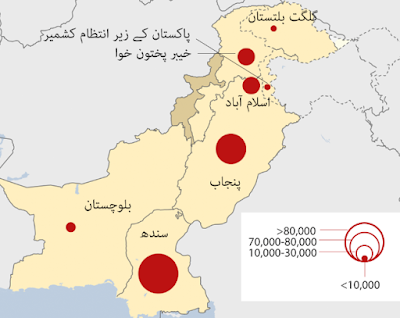Climate change constitutes the greatest environmental threat that humanity faces.
The problem
Climate change is the evil of our time and its consequences can be devastating if we do not drastically reduce dependence on fossil fuels and greenhouse gas emissions. In fact, the impacts of climate change are already noticeable and are highlighted by data such as:
The global average temperature has already risen 1.1 ° C since pre-industrial times. The period 2015-2019, according to the World Meteorological Organization (WMO), will probably be the warmest five-year period ever recorded. The rate of sea level rise has risen to 5 mm per year in the five-year period 2014-2019. But today we are also seeing the economic and social impacts, which will be increasingly serious, such as:
- Damage to crops and food production
- The droughts
- Health risks
- Extreme weather events such as damage, storms and hurricanes
- Mega-fires
In the worst likely scenarios that experts reflect, the temperature rise could reach 4.8 ºC by the end of the century. Climate change is a global problem that reaches an environmental, political, economic and social perspective in which the worst forecasts also imply enormous economic losses. And it is that the longer we take to act, much higher will be the investments for adaptation to the increase in temperature.
79% of greenhouse gas emissions in the European Union are due to the burning of fuels for energy or transport uses, according to Eurostat data.. Still in 2017, 91% of the energy used in Spain came from non-renewable sources such as fossil fuels or nuclear energy. In fact Spain, along with five other countries of the European Union, accumulate around 70% of all greenhouse gases on the continent.
The solution
The energy sector, due to its use of dirty energy - oil, coal and gas - is one of the biggest contributors to global warming. Some 90 companies are responsible for almost two thirds of global emissions. In Spain, the large electricity companies - Endesa, Iberdrola, Naturgy, EDP and Viesgo - continue to generate a good part of their electricity using non-renewable sources, that is why we work so that this unsustainable model changes and accelerates the transition to an efficient, intelligent energy system , 100% renewable and democratic.
The energy revolution in the hands of citizens is the way: with renewable energies, it will be possible to alleviate the effects of climate change and achieve energy efficiency that will generate jobs and reduce electricity costs. We need to dispense with polluting fuels and nuclear energy and increase citizen participation to benefit from the renewable transition.
What can you do
Act with your consumption! By adopting simple energy efficiency measures in your home you will save money and contribute to the fight against climate change. Here we propose some. Join Greenpeace! Be part of our organization to demand that governments and companies adopt sustainable policies and practices. Where a person does not arrive, a collective does.
What Greenpeace is doing
Greenpeace works to promote solutions that curb climate change, with special focus on the energy sector (to end coal and nuclear energy first and accelerate its replacement by renewable energies) and transport, supporting policies that make possible a democratic and 100% renewable energy system based on savings and efficiency, as well as international agreements and treaties that reduce global emissions.
Many of Greenpeace's efforts are focused on the electricity sector, seeking to achieve a model based on clean energy, free of greenhouse gases derived from the use of fossil fuels. It only takes the will and planning of the Government and companies.








Comments
Post a Comment